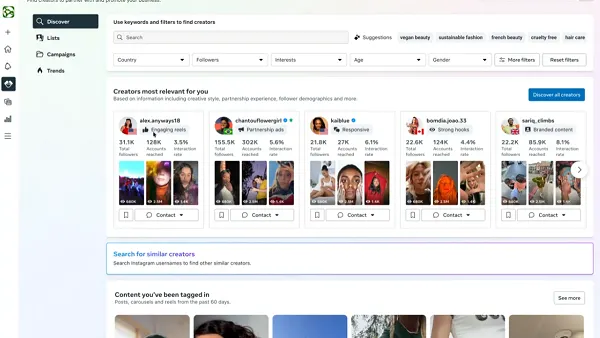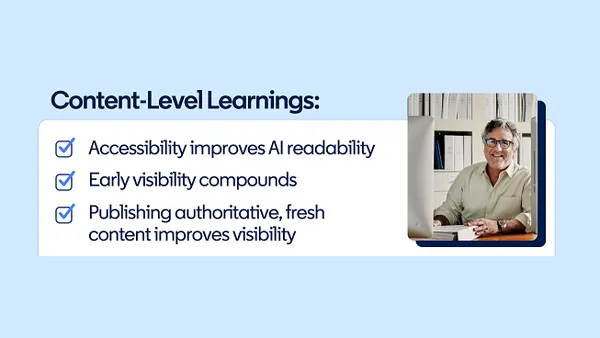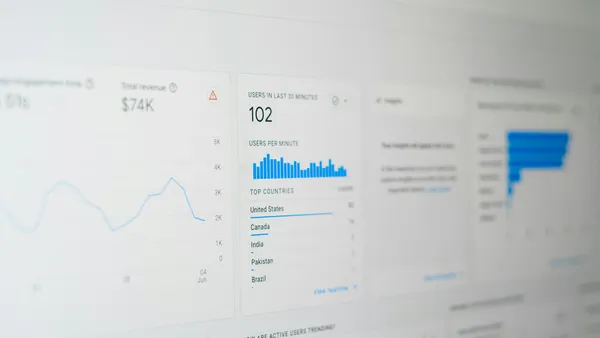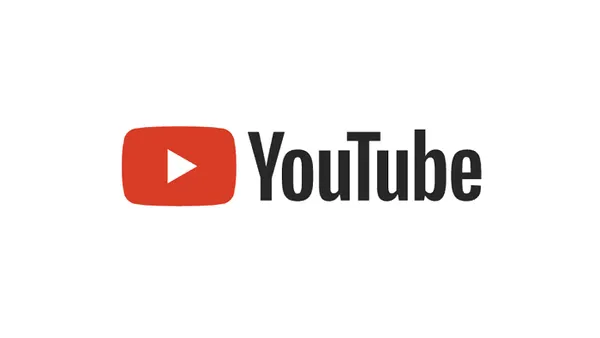I had a client that identified a $40,000 drop in converted leads and revenue drop every time a negative customer service blog post reached the first page of search results in either Google or Yahoo! Now, they did not do a double-blind study complete with placebo control group to know this. They were active in their SEO monitoring efforts and correlated those trends with their lead flow online. Then, using their business intelligence, they were able to monetize the lead generation to converted sales, thus giving us that $40,000 figure. Pretty groundbreaking stuff for SEO research just a few year ago.
I bring this up in reference to the panel discussion I was moderating last week. The topic of evening was Targeting and Segmenting audiences. There was a mixed group in the audience spanning corporate marketing execs to agency creatives; traditional and digital. There was some fantastic research and examples given on how to slice up an audience and target a message directly to any particular slice. There was research a-plenty on testing that message before it is sent, and even more on how those audiences reacted to those messages. Did they buy, did they opt-out, did they pass along information to others? We even had good examples of what to do when research finds these people opti-ing out, tracking them down and giving an updated message (pre-researched) to bring them back into the buying cycle. Very fascinating stuff. I loved moderating because I truly learn a lot when I speak with these folks. I'm a sucker for books like "Buyology: Truth and Lies About Why We Buy."
But when I asked what was happening to their research, how they were adjusting now that the model has changed to allow those consumers to talk back?
Silence.
Not for long. It's a panel in front of a large audience, and I'm moderating...so we quickly recovered. Well, for a short time. I wasn't out to stump the panel. I wanted to drive to a point about a new type of measurement and get some verification that the big guys out there were looking at this stuff. But, there wasn't much more we could add, so we moved on.
Here is what I would have liked to dive into further. In the new world of social media there are different measurements. We know what they are since we use them to justify projects and calculate ROI. A lot of them have to do with web traffic and click-throughs. But I'd like to work with a research company to take that further. Is there a correlation between negative postings in search results and converted sales like we spoke about with my client a few years back? Are there other metrics? What do you think?
Here is a list of possible things to measure they may have correlations. Please, add other stats you think would be relevant in the comments:
- Community Engagement--this could be how many people wrote on your Facebook fan page wall or average comments in company blog postings (or even spiked comments mapped to action offline), and other measures of engagement within the community you've built.
- Outside Engagement--not all conversations take place inside of your community, but they do happen. How many of these other communities are linking back to your community (discussion focused, not just linkbacks)?
- Online "chatter" -- anyone monitoring social media wants to see the "chatter" level high and positive for their company/brand, but is there a correlation between amount of coverage in the blogs, twitter, and other platforms to company reputation, or even better, sales?
- Numbers--I know I advocated looking beyond these, but they could be useful in this type of research. How many fans, followers, friends, etc.
Now, I know there are many blogs out there talking about social media measurement. My goal in this post is not to add to the chorus, but to bring about a validity to the numbers. To parter with the "traditional" market research groups to bring some more light to the subject.
I have the sense from being in the industry long enough that these numbers do correlate to measurable action in the offline world, but what I'd like to see is the down-in-the-weeds research groups proving these theories out as much as they do the traditional. I'm convinced there are some out there that do. However, their work has not permeated the industry yet. Let's add to this list and get it to them. Let's find the hard-core numbers our clients are looking for. Wouldn't it be great to walk into your client and show with statistics and research (verified) that for every "n" number of tweets mentioning your company positively, you get a "$y" increase in sales? I know social media is more about community, sharing, and right now, customer service. But if we want to convert more CFOs to writing checks for social media, to get more dyed-in-the-wool CMOs to take up the cause and move away from what's comfortable, this would be a great tool to have in the old carpetbag.
What do you think?
Link to original post









